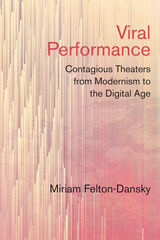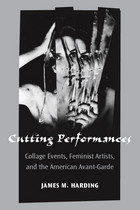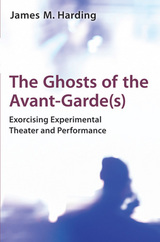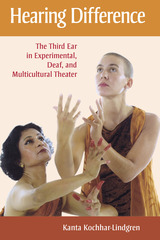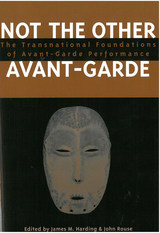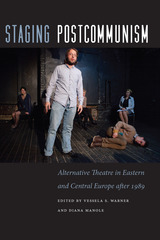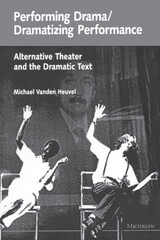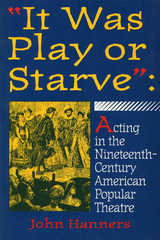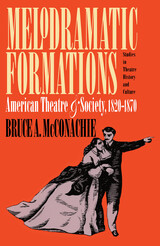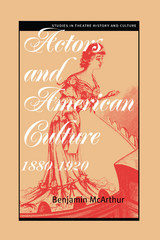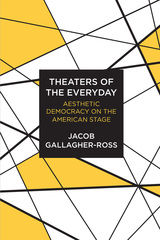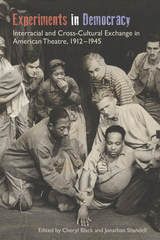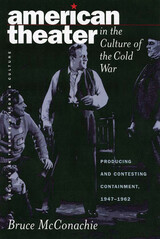Acts of Conspicuous Compassion: Performance Culture and American Charity Practices
University of Michigan Press, 2016
Cloth: 978-0-472-11886-1 | Paper: 978-0-472-03655-4 | eISBN: 978-0-472-02927-3
Library of Congress Classification PN2226.M56 2013
Dewey Decimal Classification 792.0973
Cloth: 978-0-472-11886-1 | Paper: 978-0-472-03655-4 | eISBN: 978-0-472-02927-3
Library of Congress Classification PN2226.M56 2013
Dewey Decimal Classification 792.0973
ABOUT THIS BOOK | AUTHOR BIOGRAPHY | REVIEWS | TOC | REQUEST ACCESSIBLE FILE
ABOUT THIS BOOK
Charity has been a pervasive and influential concept in American culture, and has also served an important ideological purpose, helping people articulate their sense of individual and national identity. But what, exactly, compels our benevolence? In a social moment when countless worthy causes and deserving groups clamor for attention, it is worth examining how our culture generates the exchange of sympathy commonly experienced as “charity.” Acts of Conspicuous Compassion investigates the historical and continuing relationship between performance culture and the cultivation of charitable sentiment, exploring the distinctive practices that have evolved to make the plea for charity legible and compelling. From the work of 19th-century melodramas to the televised drama of transformation and redemption in reality TV’s Extreme Makeover: Home Edition, the book charts the sophisticated strategies that various charity movements have employed to make organized benevolence seem attractive, exciting, and seemingly uncomplicated.
Sheila C. Moeschen sheds new light on the legacy and involvement of disabled people within charity—specifically, the articulation of performance culture as a vital theoretical framework for discussing issues of embodiment and identity, a framework that dislodges previously held notions of the disabled existing as passive “objects” of pity. This work gives rise to a more complicated and nuanced discussion of the participation of the disabled community in the charity industry, of the opportunities afforded by performance culture for disabled people to act as critical agents of charity, and of the new ethical and political issues that arise from employing performance methodology in a culture with increased appetites for voyeurism, display, and complex spectacle.
See other books on: Acts | Charity in literature | People with Disabilities | People with disabilities in literature | Theater and society
See other titles from University of Michigan Press


